

Thinking of buying Sportsfriends? Ask yourself a few, key things. Do you have several like-minded friends (or family) at arm’s length? Do you (and those friends) have a bunch of PS3 controllers? Do you have multiple Move controllers on-hand? You see, to really get the full Sportsfriends experience you need four standard pads, four Move controllers, and four real human beings holding them... don’t say you weren’t warned. Get the right party and collection of tech together, though, and this delightfully quirky collection of local mini-games can be amazing.
It’s impossible to play Sportsfriends without laughing. Each of the four mini-games has an undeniable charm and unique style that invites everyone to join in. They are also wonderfully brief--none of the matches take more than a few minutes--and encourage regular shuffling of players in and out. Combining retro-era simplicity, beautiful classical music, silliness galore, and a firm commitment to local competitive and cooperative play, Sportsfriends feels like it's on a mission to use new(ish) technology to recapture a bygone gaming era.
My personal favorite is Super Pole Riders, a ridiculously uproarious competition between two or four players. As a spiritual successor to the insane QWOP--minus the impossible controls--it combines pole vaulting, wacky physics, classical music, and giant hammers to produce hilarious results. The objective is to knock a ball (that’s tethered above you on a string) into your goal. It sounds simple enough, but figuring out just how to do that is the real fun. Every moment is an adventure as you struggle to make your pole vaulter somehow, someway, go in the direction you intend. In practice, this often means flying in every direction--only occasionally the way that you want to--or slamming into your competitor. Two player action is terrific, and playing with three friends is simply nutty. Shouts of glee and frustration are guaranteed.
BaraBariBall is the easiest of the Sportsfriends offerings, and it also provides the deepest experience. To score, you toss a ball into the color-coded water of your team: first to score three points wins. The simple controls and static, one-screen, retro visuals make it look deceptively simple. However, there are dozens of ways to attack and defend; you can attempt to knock your opponent out of the way--which is effective but risky--or play defensively and hope he/she exhausts their strength for a few key moments. Four-player action is a true assault on the senses, as keeping track of what’s happening and where you want the ball to go is a challenge in itself. The constant back-and-forth action is a manic experience, one that makes it hard not to constantly throw elbows at the ribs of your competitor.
The most retro-looking sport is Hokra, a four-player-only team-based game with minimalist visuals and lovely music that’s reminiscent of Bit.Trip at its best. The goal is to maintain possession of a ball in your territory long enough to fill up a meter. With multiple offensive and defensive moves at your team's disposal, Hokra rewards patience and teamwork. Various tactics, such as surrounding your opponent or passing the ball back and forth to your teammate, give you a few different strategic options to keep the action feeling unpredictable. And because different stages support some strategies more than others, you can't spam the same ones over and over. Even better, Hokra comes with a level editor that’s really easy to use, further extending the game’s appeal.
Then there's Johan Sebastian Joust, which is more frustrating than anything else. You need several people, a Move controller for each, and--most importantly--a ton of space. To win, you need to keep your controller steady while attempting to make your opponents jostle theirs. Tilt your controller too far from its upright position and you're out. In each of the sessions I played, the experience fell flat, perhaps because my friends couldn’t wrap their heads around its non-traditional mechanic. You don’t look at the screen while you play because you’re focusing on physically making your friends move their controllers, and it's initially confusing as to what you must actually do. If you've got the space and a few friends who enjoy roughhousing, Johan Sebastian Joust is amazing; it just didn’t do the trick for me or my friends. They all wanted to go back to Super Pole Riders and BaraBariBall.
On the one hand, it’s a shame that Sportsfriends limits itself so much with its hardware and human requirements. On the other, it’s admirable that its creators feel so strongly about local, cooperative play that they eschewed any single-player and online multiplayer components. In the right setting, Sportsfriends is a delight; there are few other experiences with as much silliness and simple, smile-inducing gameplay.
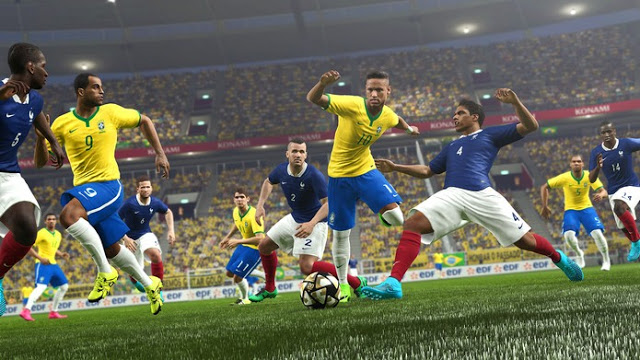
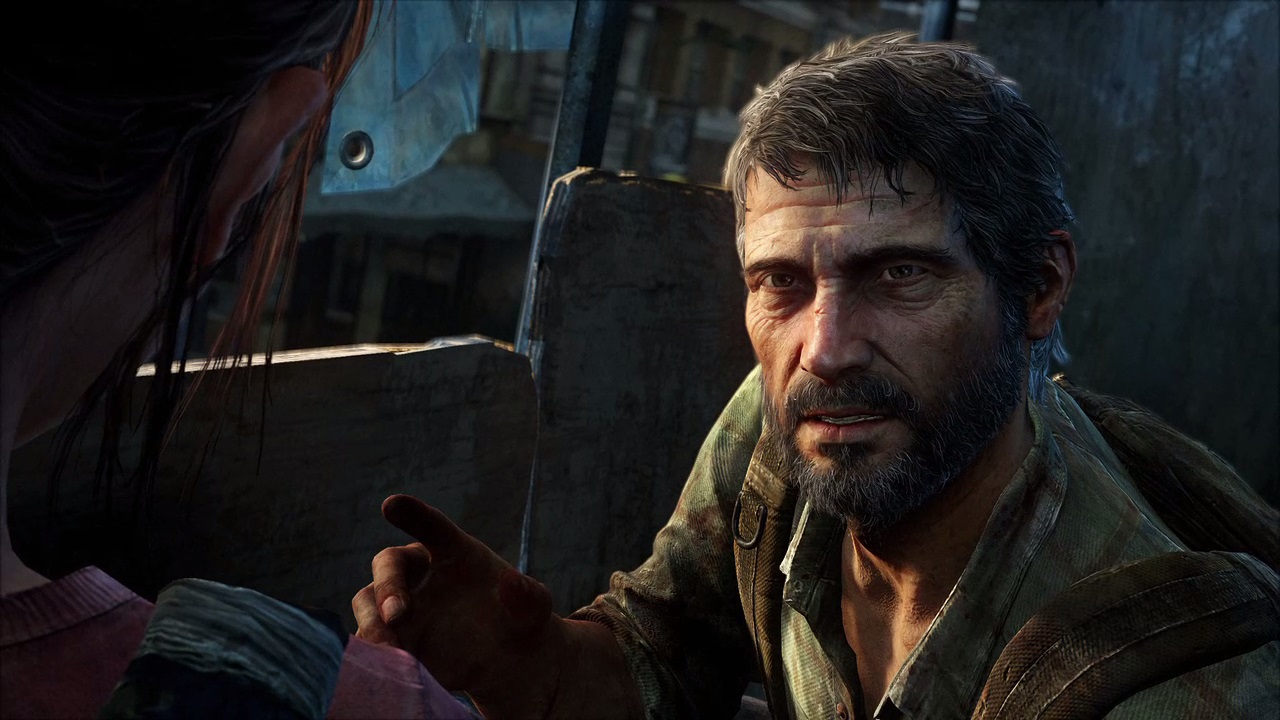
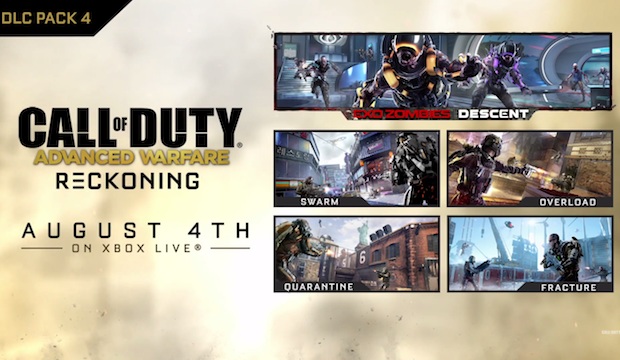

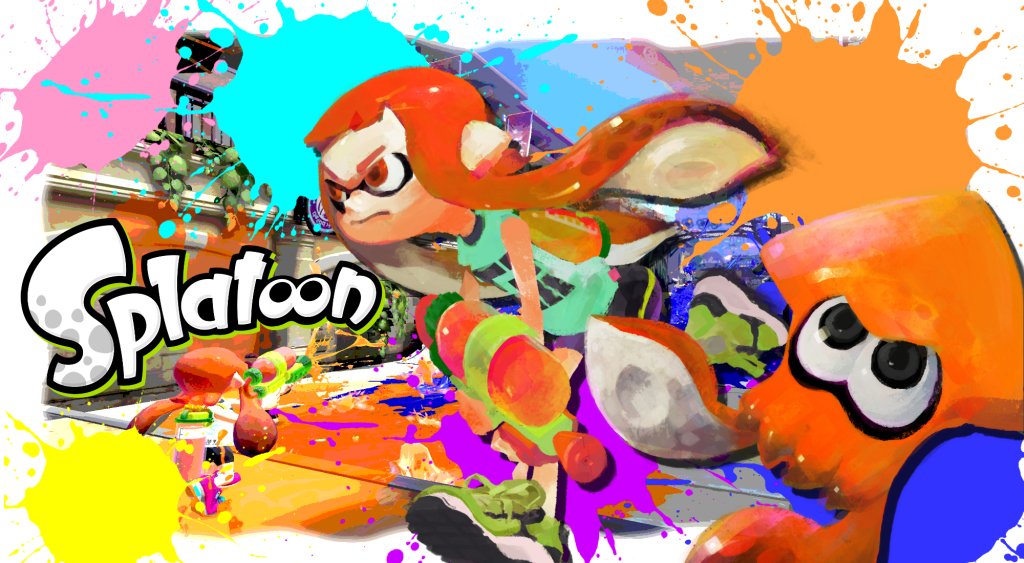 Splatoon Tips and Tricks: Ten Steps to Conquer Multiplayer
Splatoon Tips and Tricks: Ten Steps to Conquer Multiplayer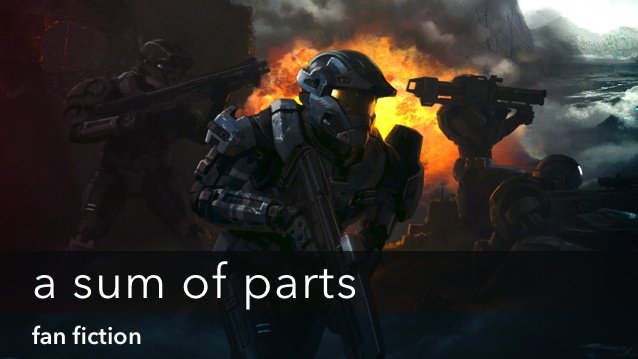 A Sum of Parts: Fan Fiction
A Sum of Parts: Fan Fiction CoD: Black Ops III Cheat Codes Guide: How To Access Cheat Menu and All Working Cheats
CoD: Black Ops III Cheat Codes Guide: How To Access Cheat Menu and All Working Cheats The Sims 4: New Update brings items for Valentines Day
The Sims 4: New Update brings items for Valentines Day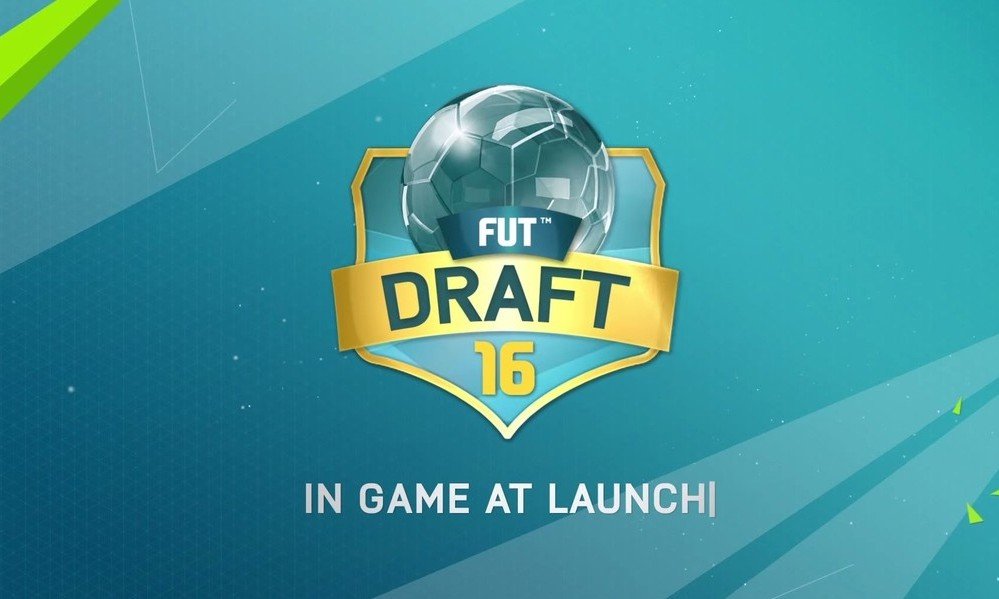 FIFA 16 Draft Mode Guide: Tips to Win All Your Matches
FIFA 16 Draft Mode Guide: Tips to Win All Your Matches